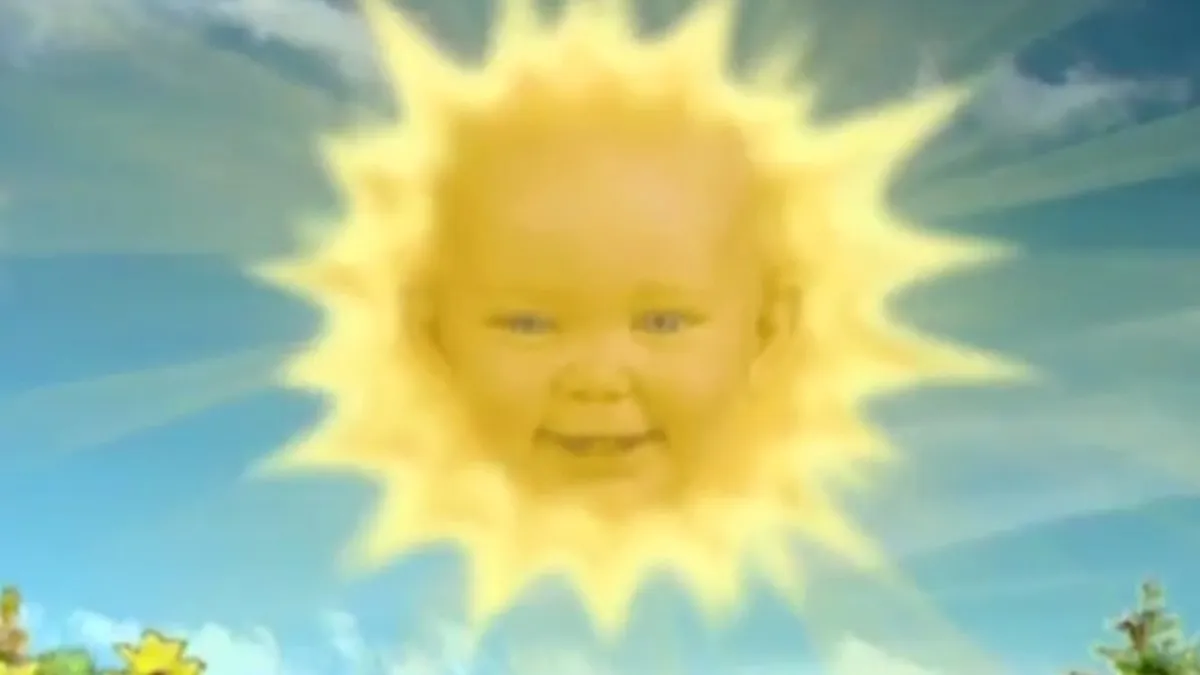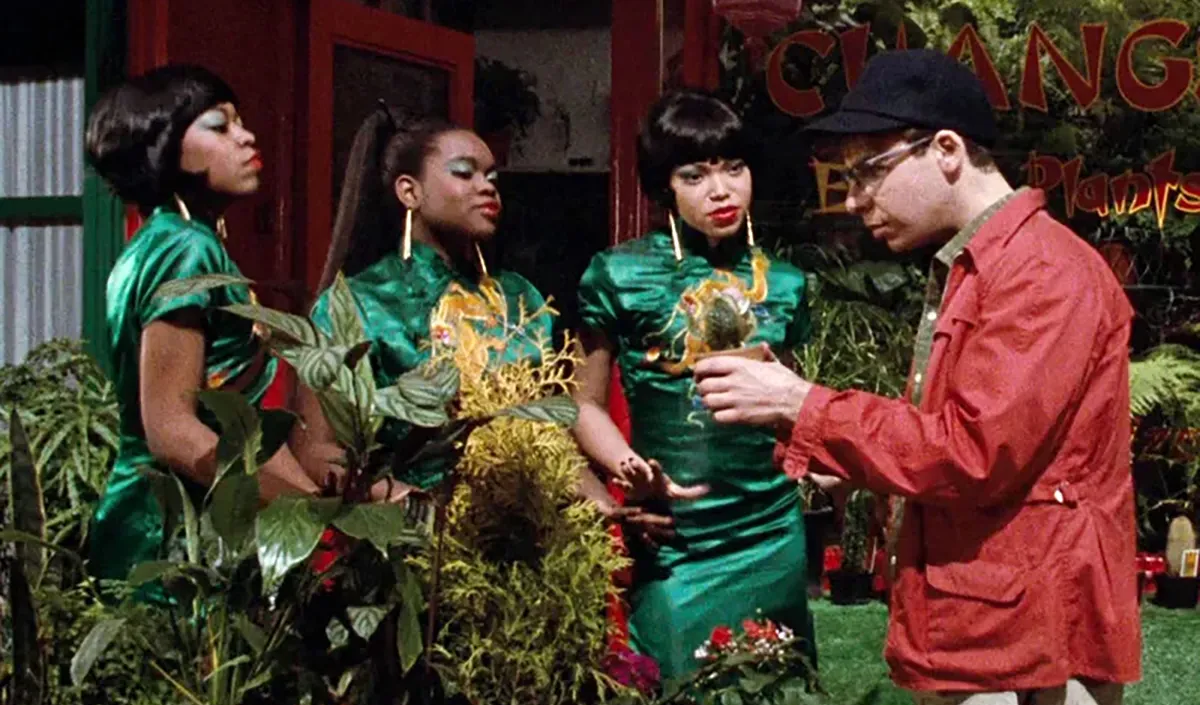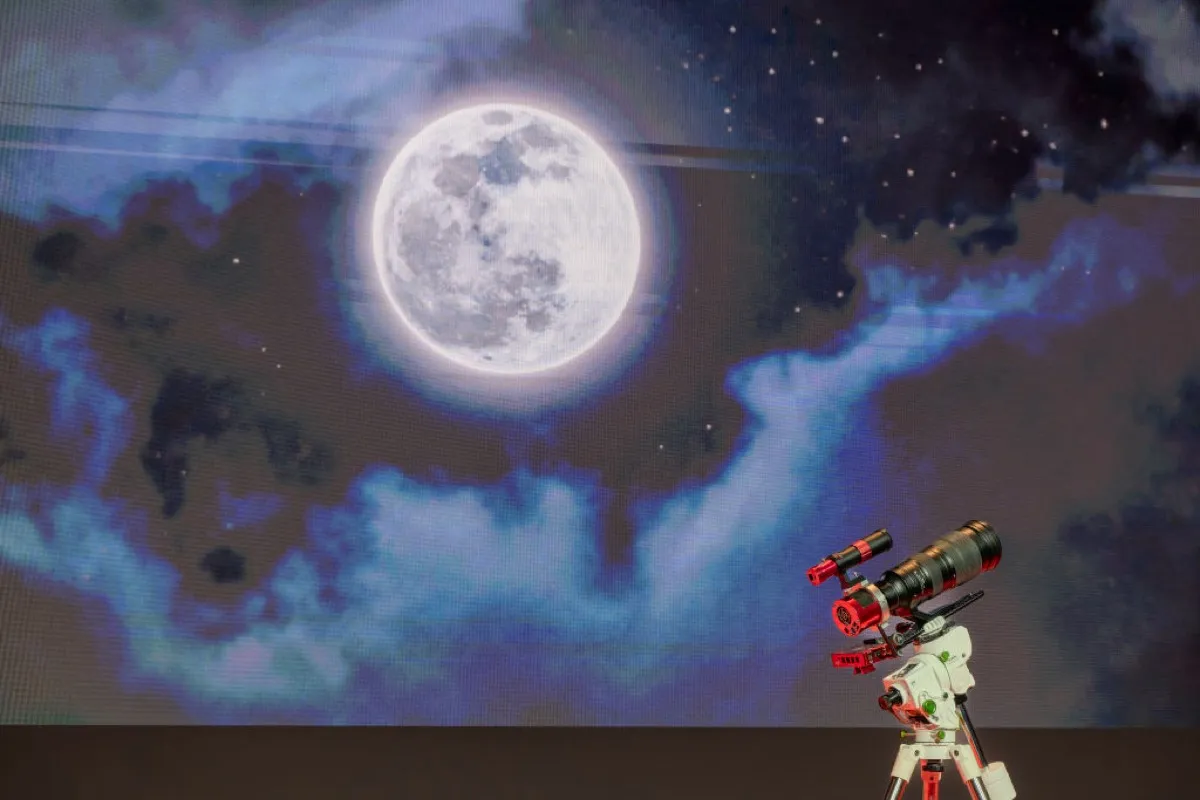We suspect a lot of you kind of enjoy looking at pictures of space on the Internet. That’s a reasonable thing to enjoy, and if you do, we’ve got a project for you that’s more enjoyable than whatever you’re doing at work and also offers a helping hand to further scientific research. A group of astronomers from the University of Washington, University of Utah, and several other institutions wants your help identifying star clusters in the Andromeda galaxy in your spare time using their new database — The Andromeda Project.
In some ways, we know a lot about Andromeda — it’s our closest galactic neighbor, after all, and has been a common subject for cosmic snapshots by projects like the Hubble Space Telescope, leaving us with a lot of raw data on the galaxy. Data is no good without the resources to analyze it, though, and that’s where we fall a little short lately. All those snapshots take time to go through, and astronomers — just like you and me — only have so many hours in the day.
That’s where you come in. Researchers want to learn more about the star clusters within the Andromeda Galaxy, which could offer valuable insight into how galaxies take shape and evolve over time. Star clusters — groups of stars born at roughly the same time, cosmically speaking — can be difficult and time-consuming things to identify, though, so the project is being crowdsourced to you and anyone else who cares to sign up and devote just a few minutes out of their daily routine to looking at photographs of space and furthering the progress of science while the kettle is coming to a boil. So they’re turning over the images to what they hope will be an army of thousands of volunteers, each scouring pictures of Andromeda, looking to discover the clusters of stars that could one day tell us the origin story of the Andromeda Galaxy.
To learn more about the project, you can visit the Andromeda Project site, where you’ll get a primer in what stellar clusters are, why they’re important, and how you can sign up to help find them. Face it folks — this is a far more noble way to kill time before a meeting than looking at more kitten pictures.
(via University of Washington)
- This is also a better use of crowdsourcing than writing a trashy erotic novel
- And no one will jail you if you don’t find a star cluster, we promise








Published: Dec 5, 2012 09:43 am